Search Results
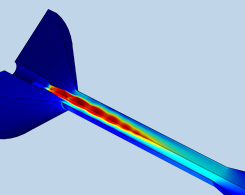
Analyzing a Supersonic Ejector with CFD Simulation
From food refrigeration in a local market to debris removal in the outer corners of space, ejectors have a wide range of uses. You can use the CFD Module to analyze a supersonic ejector design.
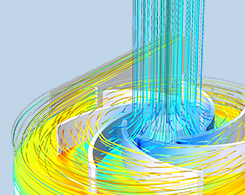
Using the Algebraic Multigrid (AMG) Method for Large CFD Simulations
There’s an ideal method for solving large CFD simulations that involve complex geometries. It’s called the algebraic multigrid (AMG) method, and you can learn all about it here.
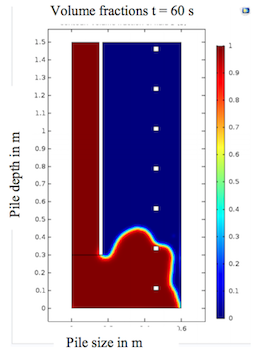
Analyzing Concrete Flow in Drilled Shafts with CFD Simulation
Researchers from the University of Florida used CFD simulation to analyze concrete flow in drilled shaft designs in order to optimize these deep foundation elements.
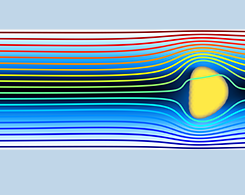
Investigating the Behavior of an Ancient Organism with CFD Simulation
Researchers used CFD simulation to study the behavior of an ancient organism called the Parvancorina in order to learn more about the ecosystem of the Ediacaran period, 635–541 million years ago.
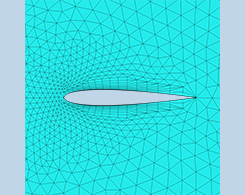
Which Turbulence Model Should I Choose for My CFD Application?
Modeling turbulence in the COMSOL® software? Find out which turbulence model you should use, depending on your CFD modeling scenario.

Why Should I Use Automatic Wall Treatment for My CFD Modeling?
The automatic wall treatment functionality enables you to use low Reynolds number models for a wider range of CFD problems, but there are some factors to consider before implementing the feature.
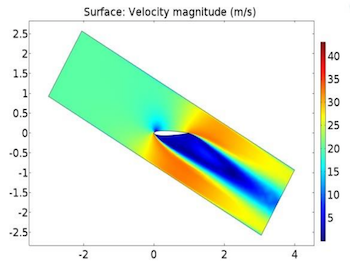
Improving Vertical-Axis Wind Turbine Efficiency with CFD Simulation
Vertical-axis wind turbines are easier to install and maintain than horizontal-axis devices, but they also have low peak efficiencies and struggle with starting torque. Enter CFD simulation.
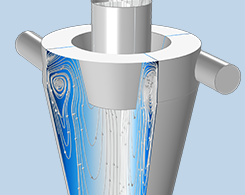
How to Use the v2-f Turbulence Model in the CFD Module
The v2-f turbulence model is an effective option for simulating highly nonlinear turbulent flow problems with both the accuracy and robustness of other, more limiting methods.
